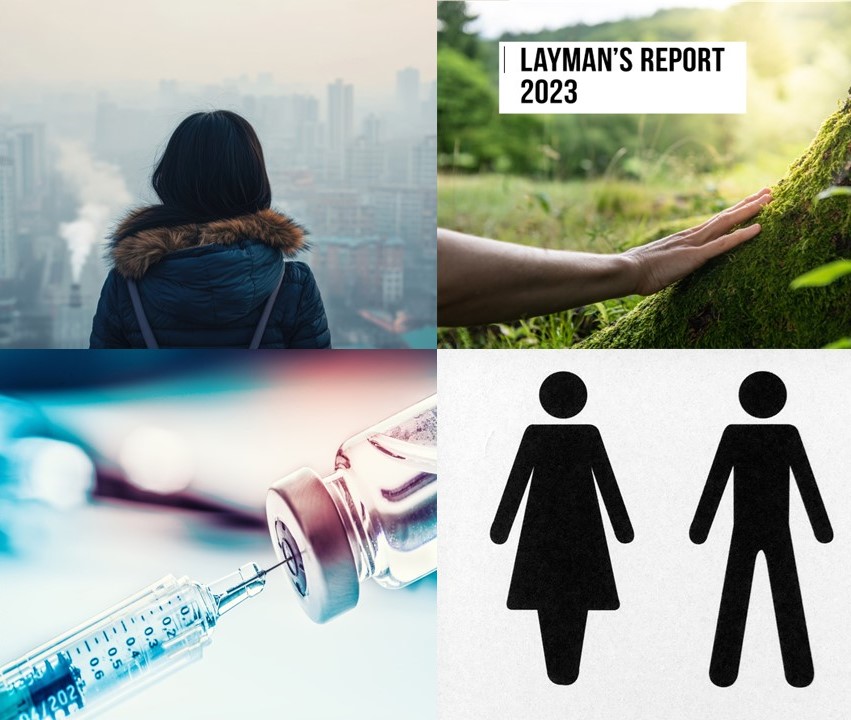OECD Report – Evaluation of Luxembourg’s response to the COVID-19 pandemic
12 October 2022

A particularly agile response
The OECD highlights the agility with which Luxembourg responded to the crisis, safeguarding the continuity of the nation and minimising the direct impacts of the pandemic.
In a report presented on the 5th of October 2022, the OECD analyses Luxembourg’s response to the COVID-19 pandemic. The evaluation of Luxembourg’s COVID-19 response highlights the importance of strategic and agile governance to steer the response to the crisis and to be based on solid evidence. It stresses the role of the COVID-19 Task Force in advising the Government in the face of a high degree of uncertainty and under rapidly evolving conditions.
Learnings from the crisis
Whether it comes to public health, educational continuity, the economy or the labour market, the agility of action in Luxembourg has made it possible to safeguard the continuity of the nation and minimise the impact of the crisis.
To do this, the country was able to rely on a mature risk management system and a very active involvement of Parliament. However, in a world where large-scale shocks are likely to be repeated more frequently, maintaining a high level of trust in government will require greater involvement of civil society in crisis management. Tackling inequality, whether in education or income, is also a key factor to ensure the resumption of sustainable and inclusive growth.
Main recommendations for the research sector
The main recommendations regarding the research sector include the setting up of a permanent structure which can provide scientific advice at the highest level of Government similar to the Scientific Advisory Group for Emergencies (SAGE) in the United Kingdom.
Additional recommendations include clearly defining the remit, mandates and missions of any future scientific advisory group(s) along with the linked decision processes.
Finally, it is recommended that all scientific advice should be published, including dissenting opinions or minutes from meetings of the scientific advisory group(s).
Press briefing from the Government
Read the full report (in French only)
Long-term impact of COVID-19
This analysis is all the more important as the COVID-19 Task Force teams are now engaged in studying the long-term effects of the pandemic.
The CoVaLux project aims to assess the impact of vaccination, the evolution of the immune response, the emergence of new variants, vaccine effectiveness, clinical symptoms in cases of re-infection, post-vaccination infection and Long COVID, as well as identifying both the viral factors and patient characteristics associated with viral resistance to vaccines and reinfections.











